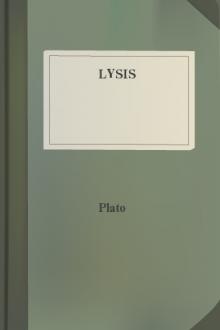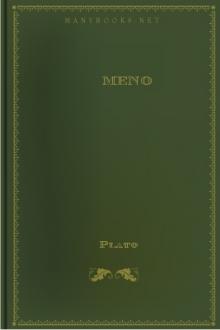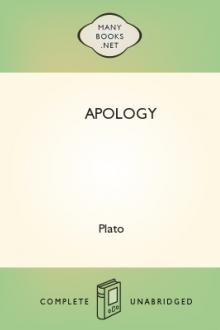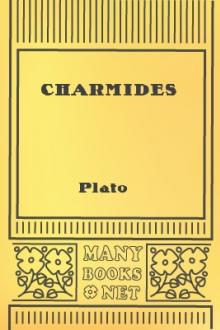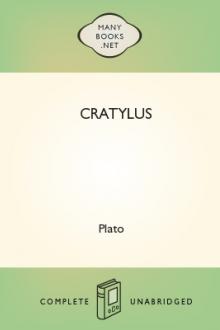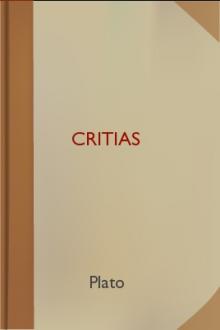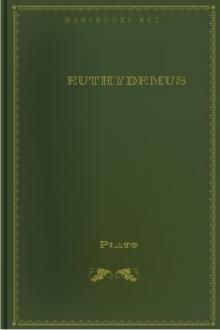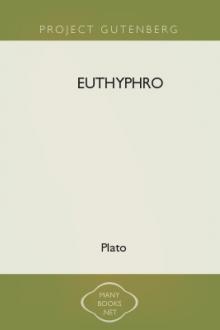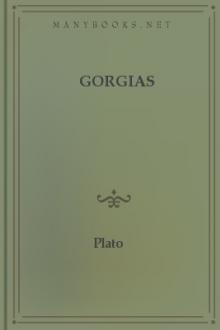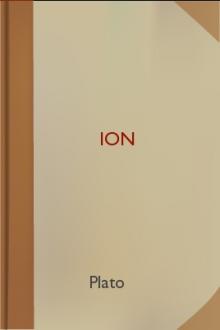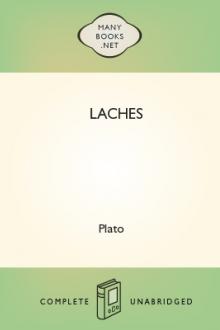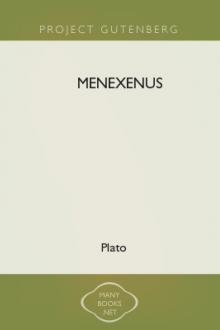Crito
Crito
The Crito seems intended to exhibit the character of Socrates in one light only, not as the philosopher, fulfilling a divine mission and trusting in the will of heaven, but simply as the good citizen, who having been unjustly condemned is willing to give up his life in obedience to the laws of the state...
Book Excerpt
ion of Crito, the aged friend, as the fittest person to make the proposal to Socrates, we seem to recognize the hand of the artist. Whether any one who has been subjected by the laws of his country to an unjust judgment is right in attempting to escape, is a thesis about which casuists might disagree. Shelley (Prose Works) is of opinion that Socrates 'did well to die,' but not for the 'sophistical' reasons which Plato has put into his mouth. And there would be no difficulty in arguing that Socrates should have lived and preferred to a glorious death the good which he might still be able to perform. 'A rhetorician would have had much to say upon that point.' It may be observed however that Plato never intended to answer the question of casuistry, but only to exhibit the ideal of patient virtue which refuses to do the least evil in order to avoid the greatest, and to show his master maintaining in death the opinions which he had professed in his life. Not 'the world,' but the 'one wise man,' is still the parado
Editor's choice
(view all)Popular books in Philosophy, Fiction and Literature
Readers reviews
0.0
LoginSign up
Be the first to review this book
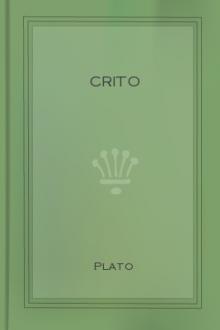
 Free Download
Free Download























